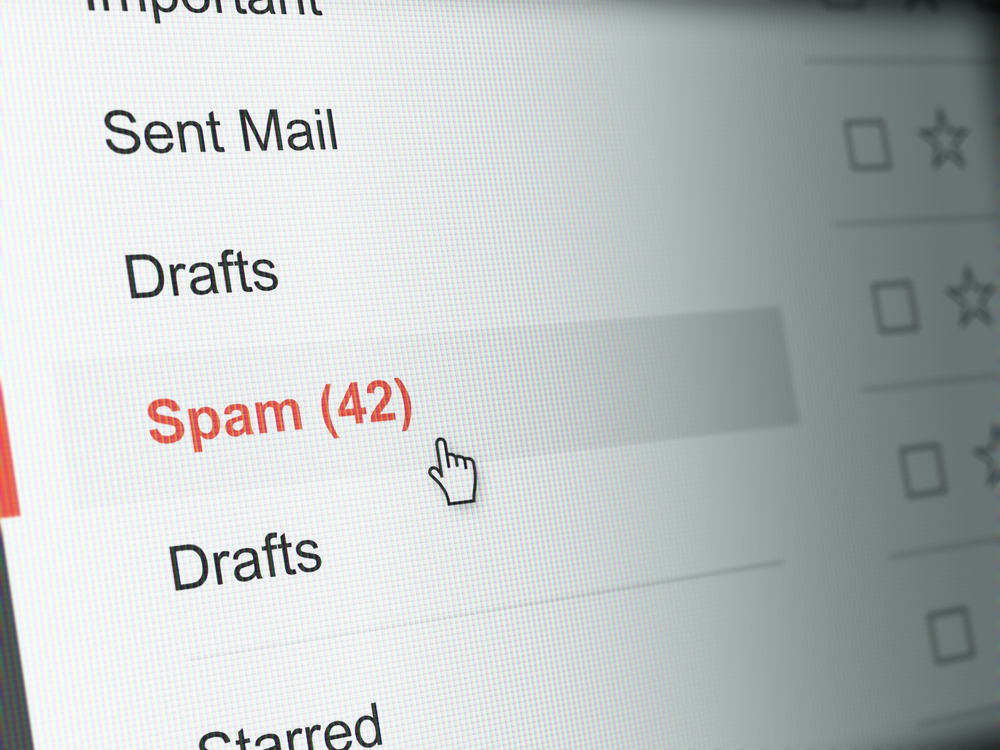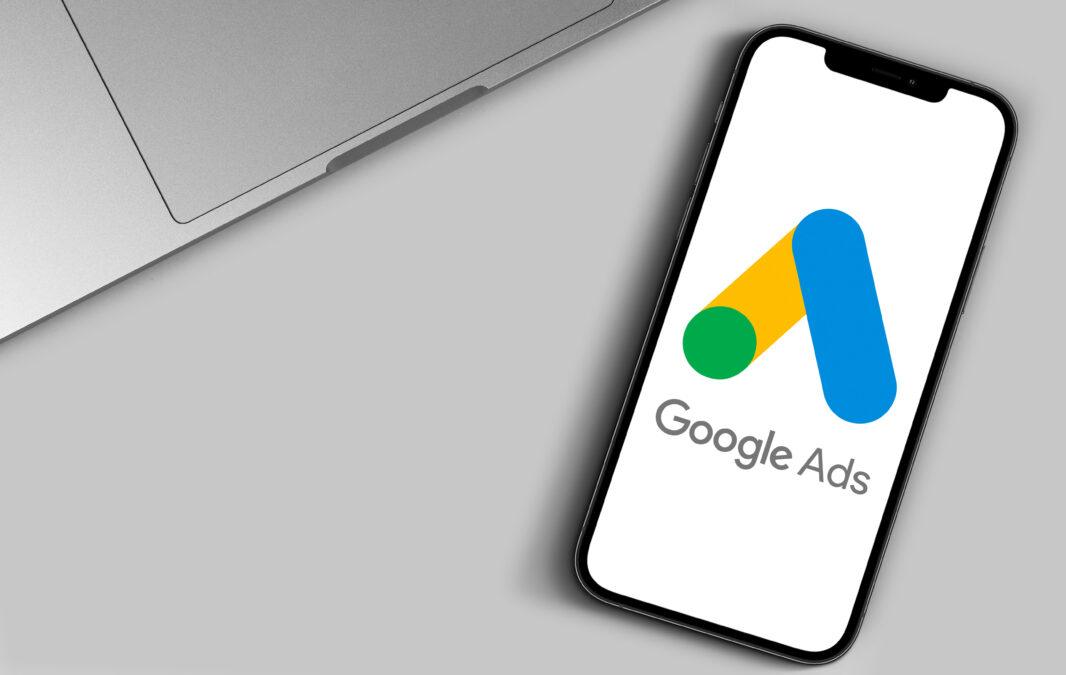The inundation of irrelevant communications and junk mail is pushing consumer loyalty to breaking point, according to new research.
Irrelevant communications, both online and paper-based, are a huge bugbear for more than two-thirds of consumers in the UK and Ireland, who consider a quarter of what they receive to be junk.
Nearly half (47%) of consumers in the UK and Ireland even see junk mail as more frustrating than their commute to work, the study by Ricoh revealed.
Beyond the mere frustration factor, respondents to the survey said they are suffering from being unable to sift through the flood of irrelevant information and poor quality communications.
>See also: What email marketers should know about the EU’s new data law
Nearly one in five (17%) have missed a payment deadline, 22% have been unsure how much they owe for a service, and 33% have even missed offers they were entitled to.
The results of the study show irrelevant communications are having a significantly detrimental impact on customer loyalty, trust and spend, and consumers are unafraid to bite back.
Two-thirds (69%) of respondents reported feeling less loyal to a brand spamming with irrelevant information, whilst a similar number would spend less (68%) and even go so far as to stop being a customer completely (57%).
Nearly a third (32%) said they have moved their custom elsewhere, another fifth (22%) have complained to a service provider, and 14% have taken their complaint to an authoritative body.
A majority of survey respondents (65%) said more could be done to tailor communications to their individual circumstances. And 76% would even be willing to share personal data to make this happen, including occupation, salary, internet browsing habits and health records.
The study also found that consumers increasingly view digital communications as their preferred method to receive information from brands and service providers: for new offers and upgrades (71%), statements and bills (66%) and updates to terms and conditions (62%).
The industries viewed as sending the most relevant communications to consumers are the public sector (39%), financial services (37%), utilities (45%) and healthcare (42%).
With the exception of utilities, these industries were similarly seen to be the most trustworthy handlers of customer data. However, no single sector was viewed positively by more than half of consumers.
>See also: When social met sales: how data is transforming the role of the salesperson
Significant work still needs to be done by brands across all industries to bring confidence in their customer communications up to scratch, the report concluded.
“Consumers across the UK and Ireland are clearly saying ‘enough is enough’ when it comes to the irrelevance and high volume of communication sent out by brands and service providers,” said Chas Moloney, marketing director at Ricoh UK and Ireland. “In the digital age, it has never been more convenient to instantly communicate with customers, but it is equally just as easy to spam.
“Brands need to find that crucial middle ground – communicating regularly and effectively without alienating customers. In today’s competitive landscape, businesses must do more to listen to their customers and provide a tailored, quality standard of communication – whether paper-based or digital, to ensure consumer loyalty.”







